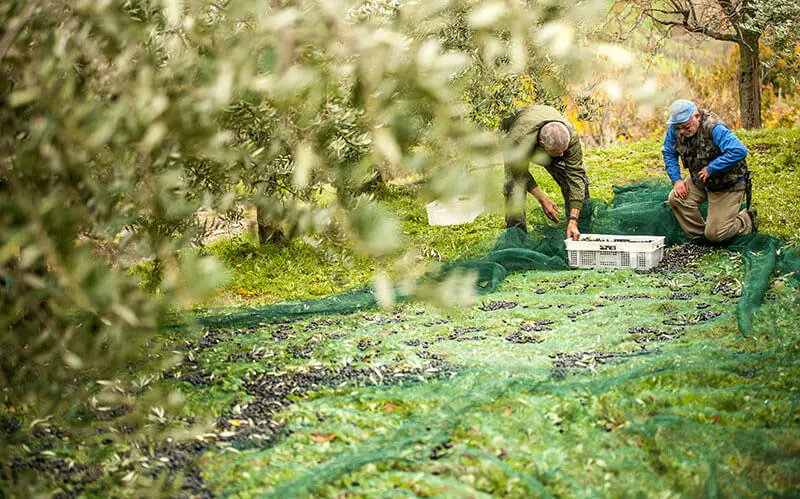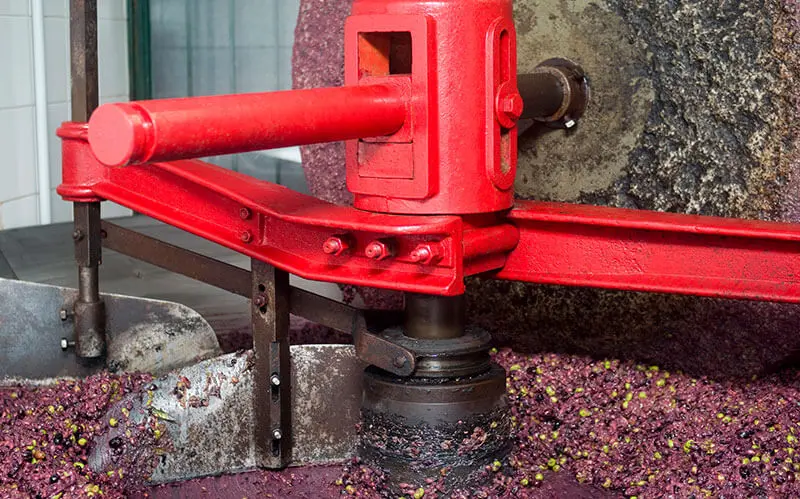How lovely Spain is, and how we relish its land and seasons!
It is precisely this pairing of climate and countryside that have made it the world’s top olive oil producer. Would you like a step-by-step breakdown of how olive oil is made in Spain? Then read on.
Growing the olives.
Although Spain as a country produces olive oil, the areas of Extremadura and Andalusia are particular and have the perfect conditions for growing olives.Together, they account a 50% of the output of this exquisite liquid (source: COI published in November 2018 from the harvest 2016/17).
Harvesting.
In Spain, the season for picking olives is from October through January. But importantly, the quality of the olive oil varies based on when the olives are harvested. Those picked at the beginning of the season are used to make extra virgin olive oil, which is higher quality than the other types of oil.

Grinding.
The olives are then brought to an oil mill, where the grinding process begins. The mill crushes the whole olives with their pits, yielding a pulp that is then mixed to make it more uniform and easier to extract the final oil.

Extraction.
At this point, the air will begin to be filled with the aromas of the oil. Can you smell them? It is time to extract the final product. The pulp of ground olives is passed through a press and then a decanter, which centrifuges the product to turn it into the oil we all know and love.
And voilà! We can now enjoy our favorite olive oil, with its unique flavor and unmistakable aromas. And it’s all thanks to the olive oil production process done in Spain. Would you like a taste of the end result?





